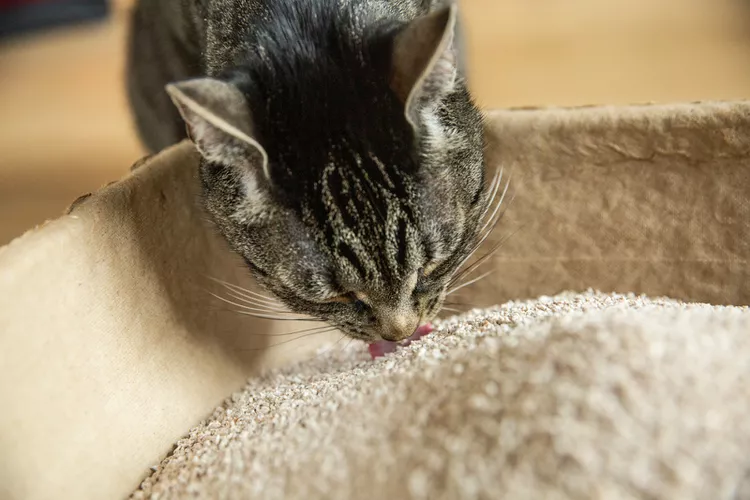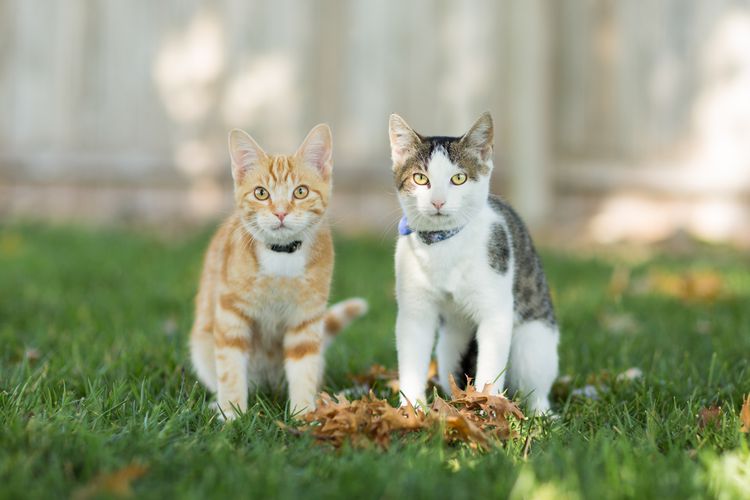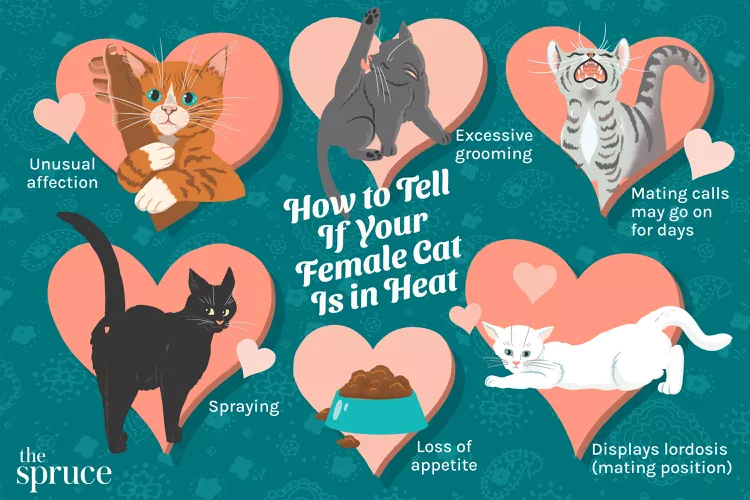
If you're the owner of an indoor-outdoor cat, you may be faced with a situation in which your kitty is suddenly missing. Even indoor-only cats may slip out the door unexpectedly. However, chances are your cat did not go too far. Cats are very territorial (even neutered ones), so search nearby areas closely for any convenient hiding spots.
In order to find your cat, consider the possible reasons for his absence. This is the time to set aside emotions and evaluate the possibilities, with an appropriate action for each.
There's a possibility that your cat may have been a victim of one of the following scenarios:
With these considerations in mind, you can plan your strategy for recovering your cat if he is still alive or to bring closure if it is discovered he's not. Time is of the essence, and you may need to perform all of the following actions:
If your cat has proper identification, it is more likely to be returned to you. If your cat wears a collar and tags, most people will return him to you if they think he is lost. With micro-chipping and/or ear tattooing, many veterinarians and animal shelters will be able to notify you, even if the collar/tags were removed. Ear tattoos that were applied at the time of spaying or neutering can serve as an indicator that your cat has had previous preventative care and may have a home. A GPS cat tracker can also help to find your cat if they get lost.
Sad stories have been told about cruel extortionists who extracted large cash rewards from grieving pet owners under the premise of having "found" their pets. If you advertise with a reward, leave out one or two pertinent identifying details of your cat (e.g. he has one black whisker, one white toe, etc.) Don't leave yourself open to false hopes, and by all means, don't wire reward money until you see your cat.
Your neighbors can serve as another set of eyes to be on the lookout for your lost cat. Inform them if your cat is missing and keep them updated on whether your cat has been found or if the search continues. Take the time to be neighborly and keep an eye out for your neighbors’ cats if they are concerned about their whereabouts.
Although indoor cats occasionally slip out, they rarely go far, and can usually be lured back in easily before meeting harm. It goes without saying that an inside cat is a safer cat.
Hopefully, these tips will help foster a successful recovery. Remember, it's every bit as frightening for our wayward cats as it is for us.

Common Injuries in Dogs and How to Treat Them
Learn about the most common injuries in dogs—whether in their legs, spine, tail, or eye—and how you should treat them with this helpful list.
How to Calm a Panting Dog
Learn how to calm a dog’s breathing when they’re panting or breathing too fast. Dogs may breathe fast for several reasons. Know when to call the vet and how to determine if it’s an emergency.
Common Antibiotics for Dogs
Antibiotics are commonly used in dogs to treat a variety of infections. Learn about some common types of antibiotics for dogs, what conditions they treat, potential side effects, and safety information.
Petit Basset Griffon Vendéen: Dog Breed Characteristics & Care
The Petit Basset Griffon Vendéen, or PBGV for short, is a small, shaggy-coated scent hound from France. Known for their charming personality and cuddly appearance, Petit Basset Griffon Vendéens are outgoing, confident, and proud dogs.
Golden Retriever: Dog Breed Characteristics & Care
Learn about the golden retriever, one of the most popular dog breeds in the world. It is known for its loyalty, enthusiasm, and sweet, bright eyes.
Becoming a Show Dog: Getting Started
Do you have the perfect puppy? Have you considered showing her in a dog show? There's much more to showing than showing up! Here's how to get started.
How to Train Your Dog to Go to Its Place
Training your dog to go to its bed or place is a great way to get it to settle down quickly. Learn how to get your dog to follow the place command.
Myths and Superstitions About Black Cats
Black cats have played a major role in folklore, superstition, and mythology for centuries. Learn the origins behind these black cat stories.
Devon Rex: Cat Breed Profile, Characteristics & Care
The Devon rex is a unique breed known for their unique appearance, including large ears, big eyes, and a short, wavy coat. They are active and friendly cats who make a great fit for most families. Learn more about the Devon rex cat breed.
Birman: Cat Breed Profile, Characteristics & Care
The Birman is a medium- to large-sized cat breed that has a stocky body and a quiet demeanor. Learn more about this kind-natured cat.
Reasons Why Your Cat Acts Crazy and How to Stop It
Cats do some strange things. Learn the reasons why your cat may run around acting crazy and find out if it's something you should be concerned about.
Why Cats Eat Litter and How to Stop It
Eating litter is not uncommon in kittens, but it may be a sign of health problems in adult cats.
How to Discipline Your Cat the Right Way
Cats are mischievous but sometimes they also misbehave. Learn how to safely and effectively discipline a cat and positively change their behavior.
Ringworm in Cats
Ringworm in cats is a fungus similar to athlete's foot in humans. Learn the causes, treatment, and prevention.
Signs of Heat in Cats
A cat in heat will show several physical and behavioral signs. Here's how to tell if your cat is in heat and how to care for her during this time. Learn the signs and how to prevent pregnancy, even if her cycle has begun.
What to Do if Your Cat Is Snoring
Cat snoring can happen for several reasons. Find out if your cat's snoring is normal or caused by a medical issue. Know when to call the vet about your cat snoring.
Is Lavender Safe for Cats?
Are cats safe around lavender? Find out how lavender affects cats and what to do if your cat is exposed to it.
Hyperlipidemia in Cats
Hyperlipidemia is an abnormally high level of fat in a cat's bloodstream. Learn the causes, treatment, and prevention.
275 Best Male Cat Names for Your Handsome Kitty
There are plenty of male cat names to choose from if you’re looking to add a new tomcat to the family. Here are 275 of our favorite choices for male cat names.
Can Dogs Eat Raw Chicken Feet?
What are the potential health benefits of chicken feet for dogs? What are the risks?